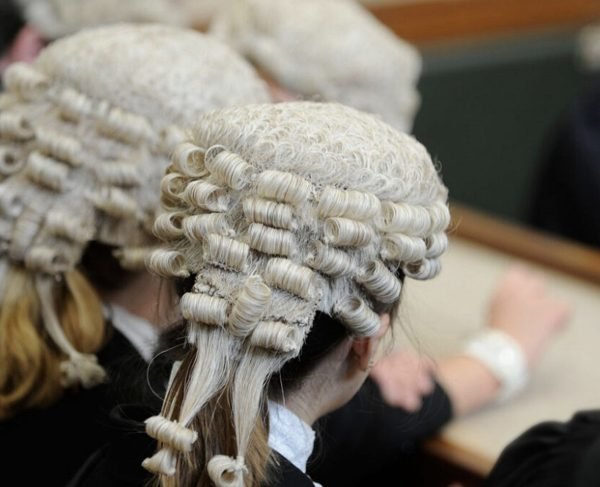News & insights
Insightful material to inform and help demystify the law.

REGULATORY PROCEEDINGS & LITIGATION
So what is the difference between aiding and abetting? Aiding, as the names suggests, is helping. To abet means to urge on, instigate, or encourage. In any criminal case a defendant can either be charged as a principal or as a party to the offence.

CASE SUMMARY
Does the Supreme Court have jurisdiction to hear an appeal from the Court of Appeal’s decision to decline to recall a judgment in a civil proceeding? The Supreme Court addressed this issue, among others, in an “unusual, combined leave-and-appeal hearing”.

REGULATORY PROCEEDINGS & LITIGATION
In Financial Markets Authority v Zhong, in relation to multiple breaches of the market manipulation provisions of the Financial Markets Conduct Act 2013 (FMCA), the High Court recently considered how to calculate the applicable maximum penalty under the formula prescribed by s 490 of the FMCA, and in particular whether gains made from contravening conduct should include unrealised gains.

CHANGES IN THE LAW
The Trusts Act 2019 came into force on 1 January this year and will apply to most existing and new trusts and signifies the first significant legislative change to trust law in New Zealand in over 60 years.

LAW ONLINE
Erin McGill on how to create and certify relationship property agreements online. "As part of my barrister’s practice, I provide services as an independent lawyer through Agreeable, an online service that helps people create and certify relationship property agreements online.

CHANGES IN THE LAW
Paul Rishworth KC on the new measures. As convenor of the New Zealand Law Society’s Human Rights and Privacy Committee, Paul Rishworth recently appeared before Parliament’s Privileges Select Committee on behalf of the Society to present the Society’s submission on the New Zealand Bill of Rights (Declarations of Inconsistency) Amendment Bill 2020.

SPORTS
The increased focus on sporting integrity in recent years has coincided with an increasing emphasis on women’s sport. This has led to consideration of how the experiences or women might be changing the approach to “integrity” issues in sport.

INDEPENDENT INQUIRY
Michael Heron KC and Charlotte Agnew-Harington recently completed work on the Cycling New Zealand and High Performance Sport Independent Inquiry, working alongside experts Dr Sarah Leberman MNZM, Olympic medallist Gen Macky, and Dr Lesley Nicol ONZM.

EMPLOYMENT LAW
On 20 August 2021, the Supreme Court delivered a significant 80-page decision on employment law. This is a first for the employment jurisdiction. Prior to August, the most recent substantive employment decisions from the Supreme Court were delivered in 2017.

CHANGES IN THE LAW
The Trusts Act 2019 (Act) came into force on 1 January 2022. As noted in a previous article, the Act applies to most existing and new trusts and signifies the first significant legislative change to trust law in New Zealand in over 60 years. The new Act is designed to make trust law more accessible by clarifying and simplifying core trust principles and essential obligations for trustees.

CHAMBERS NEWS
When King Charles III ascended the throne on 9 September 2022, living Queen's Counsel became King's Counsel. More than a hundred of us went through the change and now have the privilege of wearing the moniker KC. The journey from Queen’s Counsel to King’s Counsel was abrupt and (with respect) a bit of a shock, despite it being inevitable and long expected.

GENERAL LAW, HUMAN RIGHTS LAW
The case of Butcher v NZ Transport Authority [2022] NZHRRT 21 (30 June 2022). A perennial question under the First Amendment of the US Constitution is whether and when the “Free Exercise of Religion” entitles a litigant to claim exemption from a neutral and generally applicable law.

GENERAL LAW
The question arises time and time again: how is a barrister different to a solicitor? Put simply a barrister is a specialist advocate or litigator with expertise in representing clients in disputes both in and out of court.


